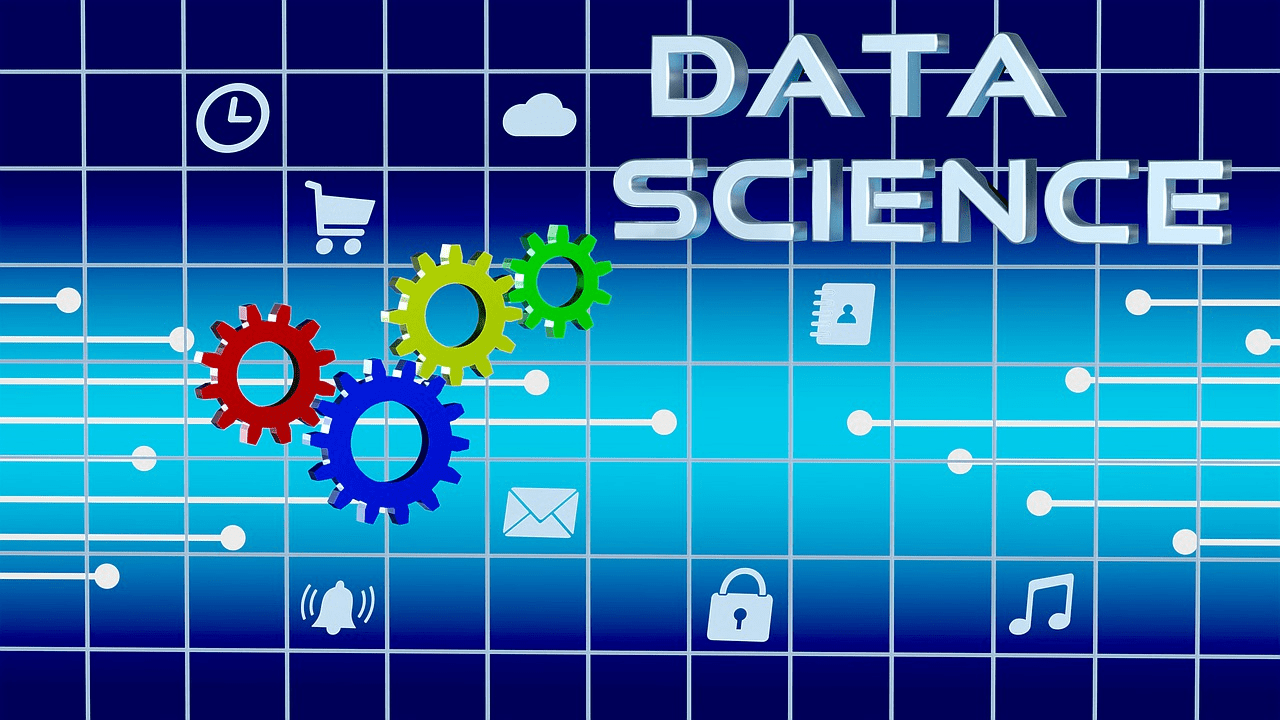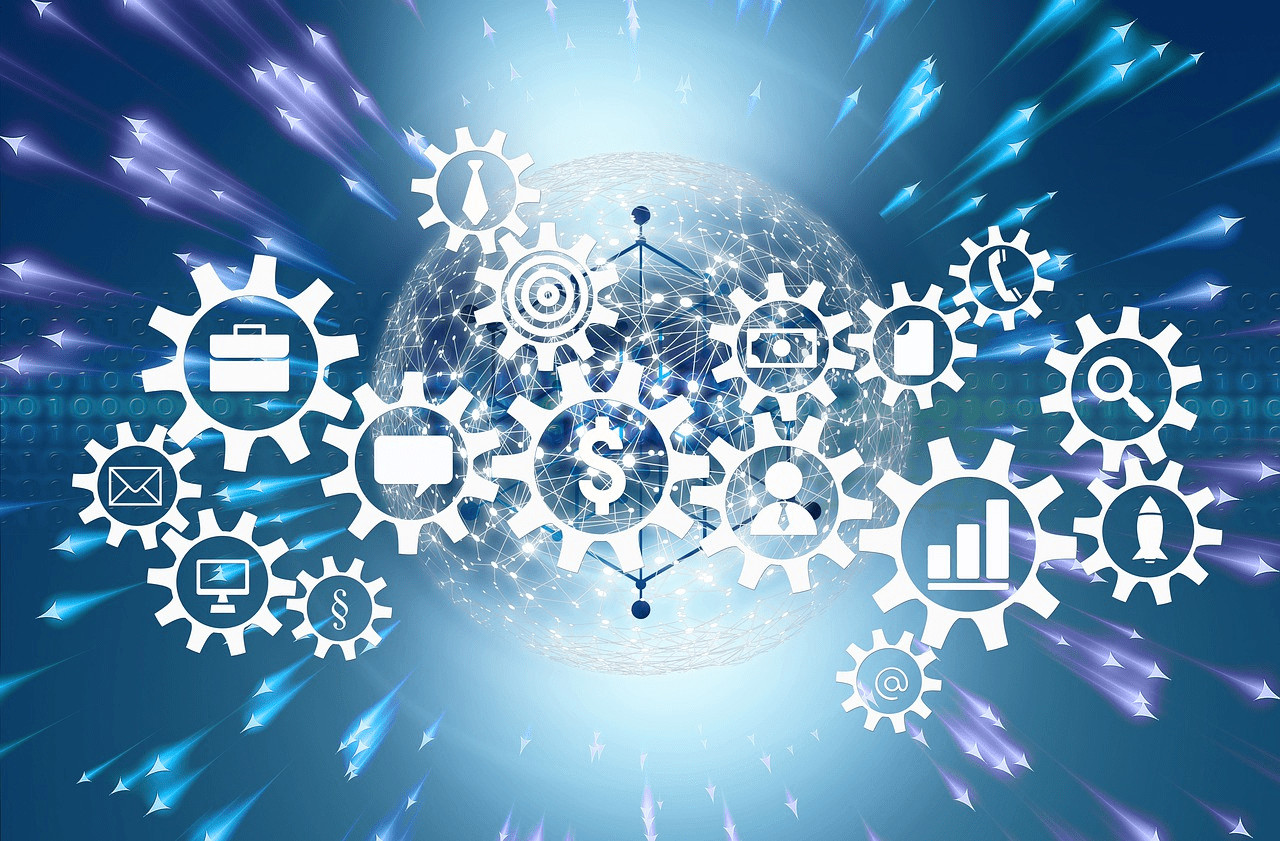Data science and business intelligence are concepts that are not too strange to most of us because of the popularity of them. Both are growing very strongly and promise to be attractive fields.
Pursuing these two majors is the dream of many young people. You may wonder: “Data science vs. business intelligence: which is for you?”
To help you have an overview of these two areas as well as answer the above question, we will help you analyze it in detail through the following article.
Data Science Overview
Data science (DS) is a broad field with advanced analytics to extract valuable data for business decision making and to support strategic planning for the business.
There are many other angles that you can learn more about this area. The goal is to solve problems based on available data, whether simple or complex.
Today organizations often pay a lot of attention to data science and see this industry as one of the development goals. Reading data has never been simple, and only people who work in data science can understand and generalize it.

Business Intelligence Overview
Business intelligence (BI) is known as the data analysis process that businesses use to better understand business performance and improve operations.
BI mines data and visualizes it through analytics tools. From there, it helps to make better decisions based on data.
Like data science, more organizations are taking business intelligence seriously because of the significant contribution this field makes to them.
The field participants will conduct the synthesis and analysis of the available information. The ultimate goal of the studies is to develop and communicate current strategic insights based on previously available business information.
Business intelligence analyzes and uses a lot of information and tools to make the review and filtering steps more effective.

Key Differences
Both work on the collected details; that’s what we have learned after studying the primary task of both fields. So what is the main difference between these two? Consider all things below for the best results.
| Data Science | Business Intelligence | |
|---|---|---|
| Data type | Unstable and stable database | Stable database |
| Process | Exploratory research | Analytical research |
| Deliverability | Long-term | Plan for the present |
1. Perspective
Reach is one of the most critical factors that separate data science and business intelligence, even though they work with a database that spans from the present to the past.
Data science uses databases to predict the future, give appropriate development directions, and suggest changes accordingly. In other words, this industry focuses on analysis for long-term goals.
In the other order, the business intelligence task is only in the present. By learning the principles and observing the change in history, this field will give the appropriate approach for the present or the near future.
Thanks to that, we can immediately apply the most relevant changes.
2. Data type
Both fields work with databases, but business intelligence is usually more stable than data science. If you look closely, most of the historical information is stored in a stable form in storage areas and has undergone editing steps.
With this kind of information, business intelligence can take advantage of the stability property to make it easier to work with.
Data science does not work like that. This field is chaotic when there is information from many sources to process and raw and unorganized details. That is also the reason that the work of this industry is quite complicated.
3. Process
Business intelligence will focus on analyzing mainly descriptive information. And then, this information will become the premise for the following steps, especially the description stage.
After that, additional detailed analyses emerge to dig deeper into the underlying reasons. Data scientists often investigate databases through attributes, then hypothesis testing and discovery.
4. Deliverability
Results are another factor that sets these two areas apart. Business intelligence will eventually create projects for the present based on available historical information, thorough review, and change and processing steps.
In other words, if you want a plan for the present based on old information, business intelligence will be a reasonable choice.
Meanwhile, data science is broad when the overall goal often leads to long-term or future projects rather than products for the present.
5. Pros & Cons
| Data Science | Business Intelligence | |
|---|---|---|
| Pros | Research a stable database Towards future values Exploratory research Long-term plans | Research stable database Current values/plans Research information Analytical Focusing on economic value |
| Cons | Little focus on economic value | It takes a long time for education |
Which One Is For You?
Both data science and business intelligence play an important role in business operations. However, each position requires specific knowledge and skills.
To be a good data analyst, you’ll have to experiment with data to find patterns constantly. Technical statistical ability and patience are also essential requirements of this job. Not all data experiments can yield the desired results.
Meanwhile, if you are someone who can analyze and predict from available data, business intelligence is the job for you. To do this job well, you must also be proficient in the description and diagnostic tools.
Conclusion
To sum up, data science vs. business intelligence: which is better for you?
Choosing between these two careers is not easy. It depends on each person’s strengths, abilities, and passions.
If you have any further questions, don’t hesitate to leave a comment below so we can promptly respond. Do not forget to share this article with your friends who may be interested in these two areas. Thank you for following this post!
